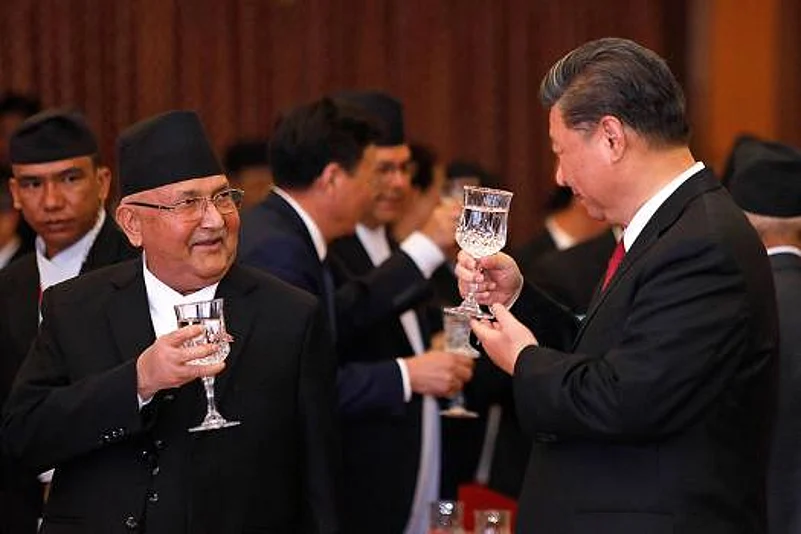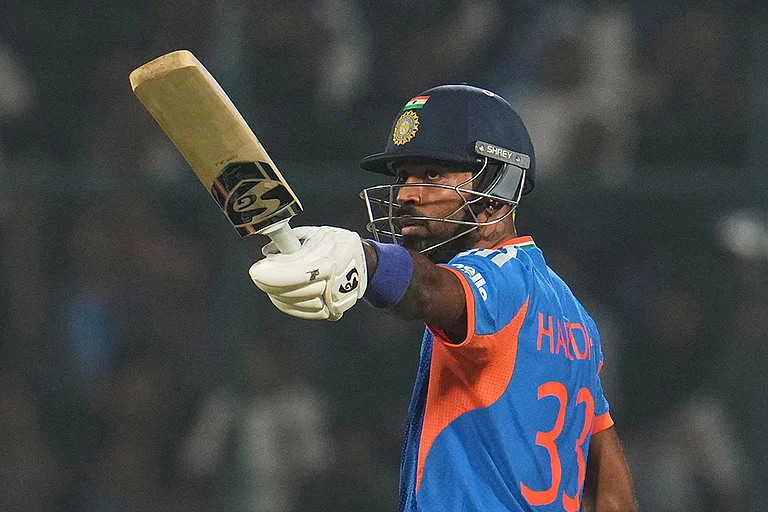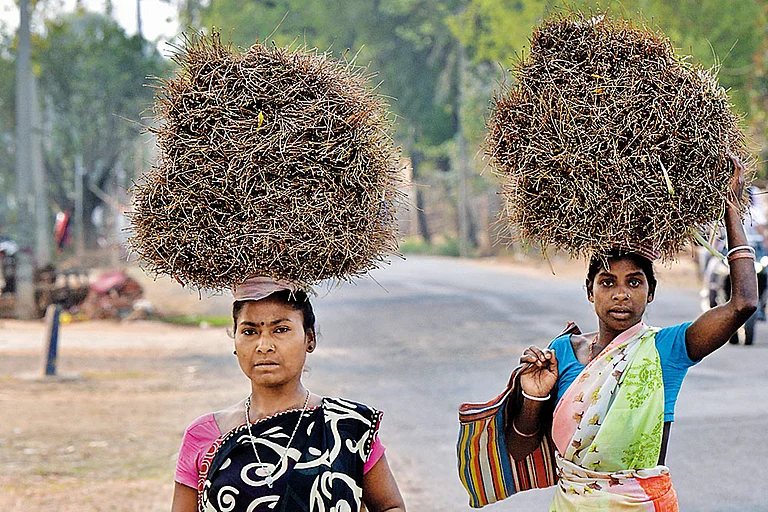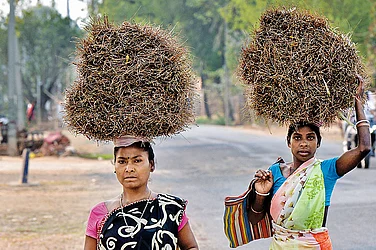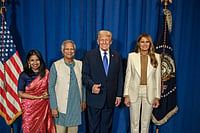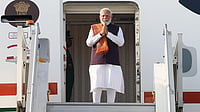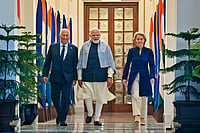Nepal’s squabbling political leaders have now openly dragged India into their domestic fight for power. Last week, Prime Minister K. P. Sharma Oli publicly accused Delhi of collaborating with some elements in Kathmandu, referring to his opponents, to oust him from power. His critics want proof from the Prime Minister to back his accusation.
The demand for Oli’s removal is growing from within the party leadership. His opponents, including stalwarts of the Nepal Communist Party, like Pushpa Kamal Dahal, Madhav Nepal, Jhalanath Khanal and Bamdev Gautam, have all asked Oli to step down and make way for a new prime minister.
In Nepal, India and China are jostling for influence. India, Nepal’s traditional ally, had in recent years watched China steadily spreading its wings in the Himalayan nation. The fact that the Communists are in power in Nepal has helped China. However, in the past too, Nepal had often tried to balance its ties with India by bringing up the China card. When the monarchy was in place, the palace had a direct link to China. India should accept this as a part of the region’s new political reality. Every nation seeks for strategic choice when wedged between two big powers.
In the past, China had kept itself aloof from the local politics of various countries. But the new China under President Xi Jinping is no longer a silent spectator. ‘Wolf Warrior’ diplomacy is the new norm. China’s ambassador to Kathmandu, Hou Yanqi, is active in the political scene. Not that India is a shrinking violet, but after the 2015 Madhesi agitation, and the blockade which followed, Delhi has become somewhat more circumspect. But strong cultural and religious ties, and people-to-people contacts continue. There are thousands of Nepalese working in India. Nepal cannot ignore India either.
Despite the massive majority the Communists enjoy in the Parliament, Oli’s tenure has been disappointing. Much of this has to do with bad governance and Oli’s inability to carry all members with him. The Prime Minister has also faced major health issues.
Oli was already in trouble when India offered him the perfect opportunity to rally the country behind him when Defence Minister Rajnath Singh inaugurated a brand new 80 km Lipulekh road in Uttarakhand. The road is to connect to the Kailash Mansarovar road in China. Indian pilgrims travel to Mansaravor glacier in Tibet on pilgrimage each year. Nepal claims that the road passes through its territory. Kathmandu’s claim is based on the 1816 Sugauli treaty.
Oli seized the opportunity to say that India was taking over territory which ‘rightly belonged to Nepal’. A new political map was released showing Lipulekh, Kalapani and Limipiyhura in Nepal. Nationalist feelings were whipped up by Oli and his supporters so much so that the constitutional amendment sailed through Parliament without a hitch. Having got the country to back him against India, Oli bought some much needed time for his government.
Nepal then called for talks with India. Having already published the map as a fait accompli, Kathmandu demanded foreign secretary-level talks with India.
Unfortunately for Oli, he was unable to stave off the onslaught from critics within the party for long. The demand for his resignation is growing as party apparatchiks are determined to dislodge him.
Oli is seen in India as pro-China. He is unlikely to continue as Prime Minister for long. Whosoever replaces him will also take advantage of India-China rivalry. India must face the new reality of Chinese presence in its backyard.







